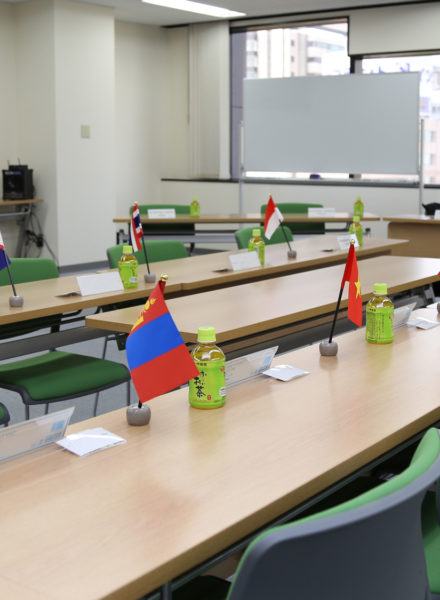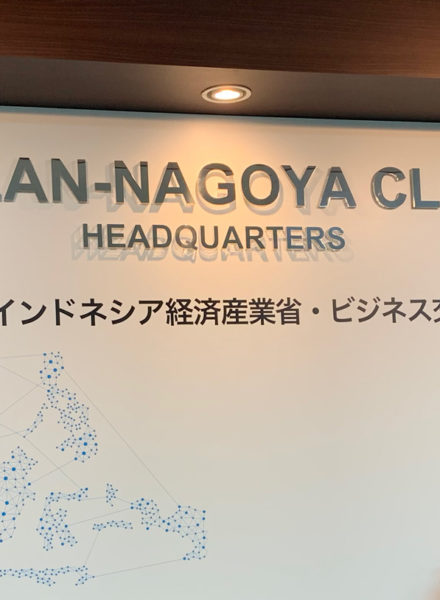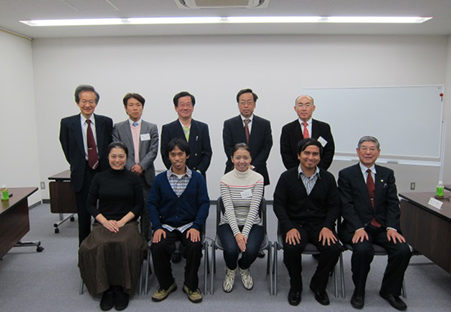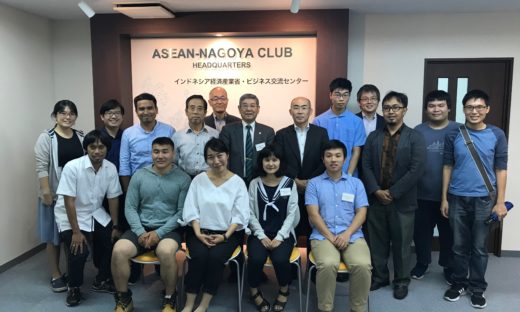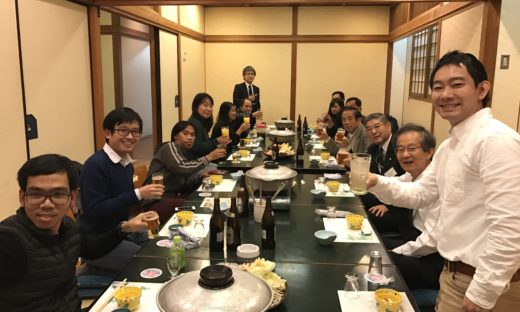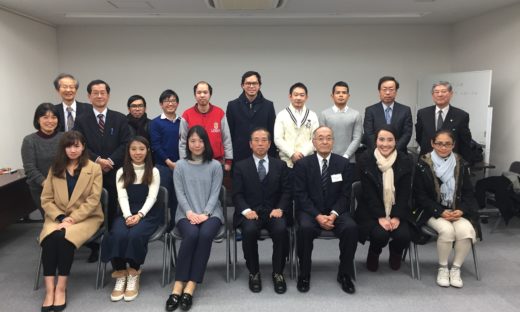定例ミーテイング「アセアン諸国はどのように『新しい日常』の状況に適応しますか?」”How do ASEAN countries adapt to the “new everyday” situation?”
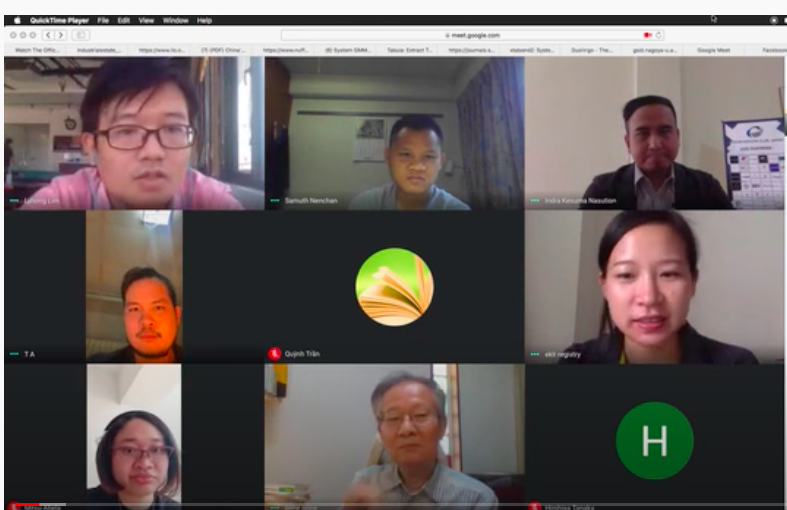
新型コロナウイルスの影響により、ASEAN-Nagoya Clubは、6月以降、新しい試みとして、毎週オンラインでミーティングを開催することにしました。参加者は、以下の通りです。
-
- 顧問 西孝雄
- 理事 事務局長 松久久也
- Indra Kesuma (インドネシア)
- Bangkit Aditya Wiryawan (インドネシア)
- Trairat Aroowong (タイ)
- Abela Mits (フィリピン)
- Quynh Nhu (ベトナム)
- Ean Chhorida (カンボジア)
- Samuth Nenchan (カンボジア)
- Lim Lyhong (カンボジア)
まず、参加者は、それぞれの国における新型コロナウイルスの状況について語りました。例えば、タイでは、政府は、非常事態宣言の具体的な措置の一環として、夜間外出禁止を発出しました。また、新型コロナウィルスの感染を防止する対策として、ソーシャルディスタンシングのルールを実施したり、人の移動、自己隔離及び感染が疑われる人と濃度接触した人の監視というアプリを開発したということです。
次に、参加者は、「新しい日常」という定義について議論しました。「新しい日常」とは、一般的には、新型コロナウイルスを想定した「新しい生活様式」のことですが、その中でも、インドラさんによれば、「新しい機会(New Opportunity)」、「新しい基準(New Standard)」及び「新しい行動(New Behaviour)」ということです。例えば、「新しい機会」に関しては、コロナ禍で様々な機会が生まれてきています。具体的には、テレワークが本格的に可能になったり、バーチャル事業が多くなってきたり等などです。
最後に、「新しい日常」というのは、先進国及び発展途上国において異なるということについて議論しました。ASEAN諸国のほとんどは発展途上にありますが、日本のような先進国の発展を追いかけるのではなく、先進国の抱えている課題を学び、自国の状況にあった発展を進めないといけないという点について確認しました。
Due to the impact of the new coronavirus, ASEAN-Nagoya Club has decided to hold a weekly online meeting as a new attempt from June. The participants are as follows.
First, the participants talked about the status of the new coronavirus in their respective countries. For example, in Thailand, the government has new policy about a curfew as part of concrete measures to declare a state of emergency. In addition, as a measure to prevent the infection of the new coronavirus, we have implemented social distancing rules and developed an application that monitors people’s movement, self-isolation, and people who are in close contact with people suspected of being infected.
Next, participants discussed the definition of “new everyday”. “New daily life” is generally a “new lifestyle” during the coronavirus pandemic. According to Indra, it could be “new opportunity” and “new standards, including “New Behavior”. New opportunities have been created to deal with this pandemic, for example, teleworking which is becoming popular and virtual businesses are increasing.
We realize that “new everyday life” is different in every country, which every government has their own policy to prevent the virus from spreading. Developing countries will be hardest hit by Corona pandemic. They are facing an unprecedented health and economic crisis, with potentially extreme economic, social, and sustainable development consequences.
